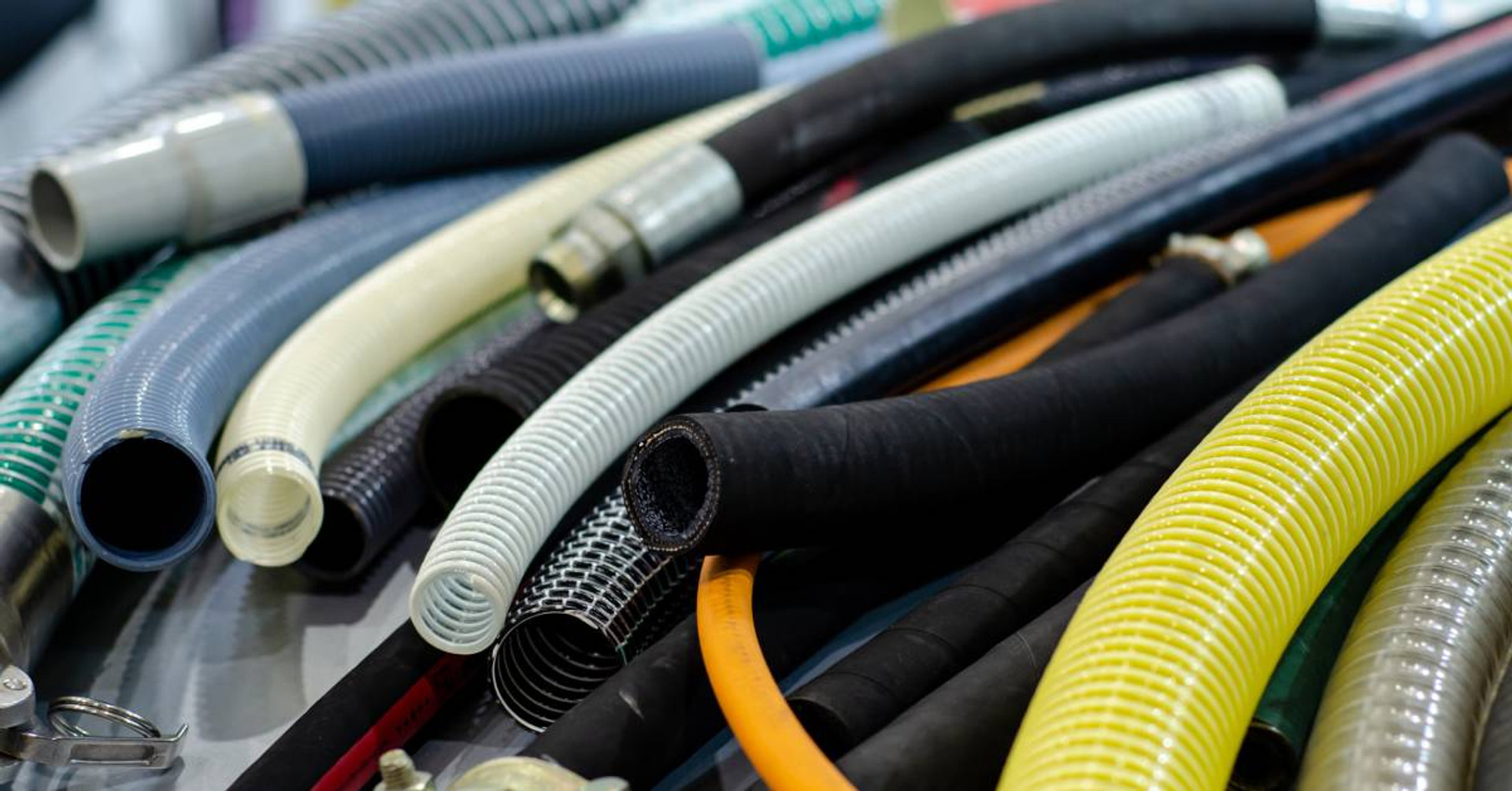Advice for Selecting the Right Gas Hose for Your Facility
Choosing the optimal gas supply equipment is critical to ensuring top efficiency for most industrial businesses. This is especially true when it comes to gas hoses since they impact how well gas flows through systems and support safety compliance regulations. We’ll give you some advice on selecting the right gas hose for your facility while shedding some light on common pitfalls that you’ll be able to avoid with informed decision-making.
Factors To Consider When Choosing a Gas Hose
When picking gas hoses, look at their features. These factors will make it much easier to understand the ideal hose for your facility.
Temperature Requirements
Gas hoses are gas supply equipment subjected to varying temperatures. While some applications remain at static temperatures, this isn’t always the case. Select a hose that can withstand the maximum and minimum temperatures encountered during operation. Material degradation, loss of flexibility, and even cracks and breaks can occur when hoses get improper use within their specified temperature range.
Gas Type
The chemical composition of the gas moving through hoses will significantly influence your initial selection. Different gases have varying effects on hose materials. For example, inert gases such as nitrogen may not be compatible with reactive gases like chlorine.
If you work with specialty gases, you’ll need a hose and other gas supply equipment that won’t degrade the purity of your gas. Ensuring the hose material is compatible with the gas is crucial to prevent these issues.
Application
The application informs several aspects of the hose design, including its diameter, length, and required flexibility. Static installations may allow for the use of rigid configurations, while mobile applications might necessitate flexible hoses.
Considerations such as exposure to abrasive environments, risk of mechanical damage, and the necessity for easy cleaning will also affect the hose design choice.
Regulatory Standards
Compliance with industry and safety standards is non-negotiable. Different jurisdictions and sectors may impose specific requirements governing the use of certain types of gas hoses. Select hoses that meet these standards to ensure safety and avoid legal repercussions. Standards typically cover material composition, design, manufacturing quality, and performance under specified conditions.
Common Mistakes To Avoid
Now that we’ve given you some advice on selecting the right gas hose for your facility, we also want to go over several recurrent errors that can compromise their functionality and safety. First and foremost, don’t interchange hoses within your facility. It might seem like a good way to save money, but you risk cross-contamination and using hoses that don’t match certain standards.
Another frequent misstep is failing to account for environmental factors, such as extreme temperatures, exposure to UV light, and the presence of chemicals. If you don’t pick a hose that can handle these factors, the hose will deteriorate over time. As long as you keep these things in mind, you should be good to go.

